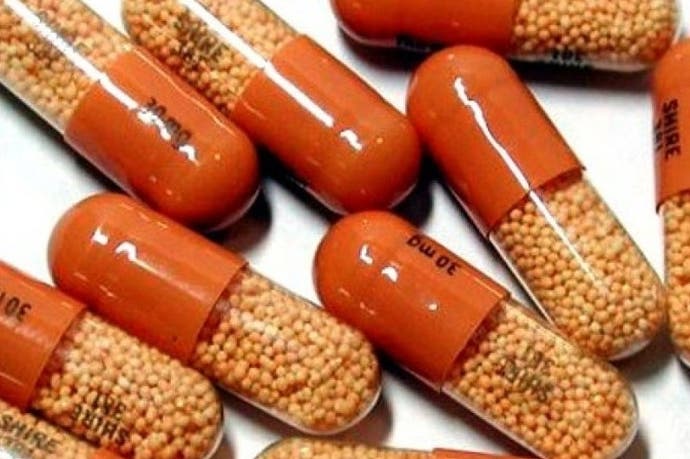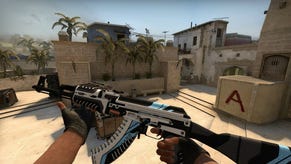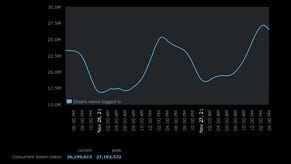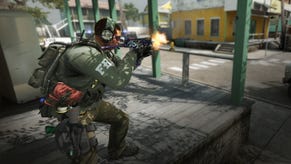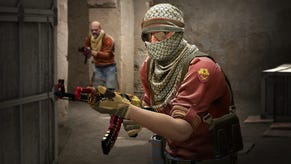eSports organisations promise tougher drugs rules after player admits doping
"We've known for some time that performance-enhancing drugs would be a challenge."
Earlier this month a professional Counter-Strike: Global Offensive player claimed he and his teammates had used the performance-enhancing drug adderall during a recent ESL tournament.
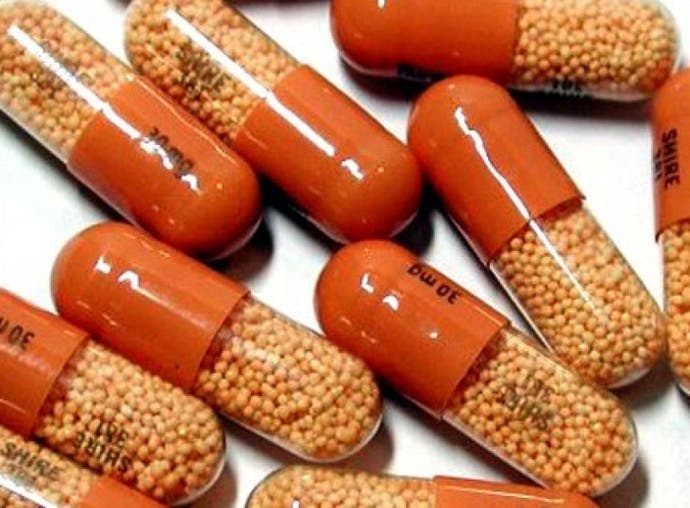
The admission came during a video interview, below, with Kory "Semphis" Friesen. The interviewer's only response to the admission was to awkwardly turn to the camera and excuse it.
"Everyone uses adderall," the interviewer told viewers, before turning back to Friesen. "Just throwing that out there in your defence."
Indeed, Winners Might Use Drugs, Simon Parkin's investigation for Eurogamer on the subject concluded a similar verdict. Usage of substances such as adderall - a stimulant originally designed to treat ADHD - is acknowledged to be fairly common among eSports players. Many eSports players, speaking under condition of anonymity, admitted as much.
The difference with Friesen was that he was happy to say it on the record.
At this point it should be noted Friesen made the claim after parting ways with Cloud9, the eSports team he had been a member of for many years and played for at the ESL tournament in question.
Eurogamer attempted to make contact with both Friesen and Cloud9 at the time, but neither responded to our requests for comment. ESL did, however, and gave its take:
"We've known for some time that performance enhancing drugs (PEDs) would be a challenge we would need to face eventually as the professionalism and stakes increased across the board in eSports," the company's head of communications Anna Rozwandowicz told Eurogamer.
"PEDs are a topic we are discussing at an organisational level and will be one that we need to address industry wide going forward to maintain the integrity of our sport."
But such things take time, ESL added. To introduce drug-testing - because at the moment there isn't any - would mean introducing official policies, an appeals process, and likely working with other tournament organisers to create some kind of overall governing body.
Players - especially young players - require support as they play in front of crowds as large as 15,000 spectators for million dollar prize stakes, ESL continued, which is why some teams employ psychologists and mental coaches for participants.
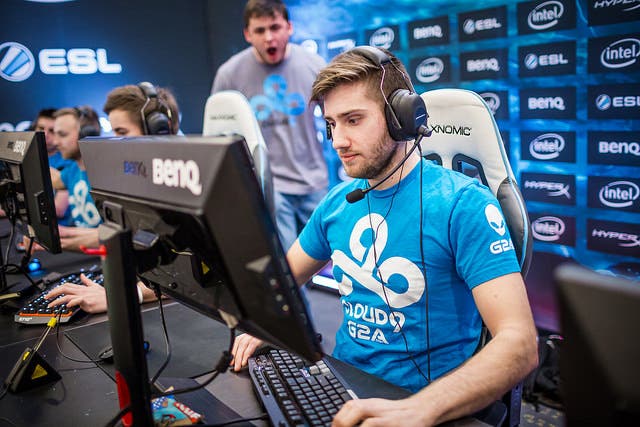
ESL also employs handlers to make sure players are looked after and accompanied for the duration of a tournament. Teams are kept an eye on, in other words - to the best of ESL's ability as a young organisation.
But surely the fact the stakes are so high, and that players are so unused to the attention means that any hope or expectation that players will just follow the rules, and the law, when it comes to performance-enhancing drugs seems a little naive.
For example, take this statement on the matter from the US-based Major League Gaming, given to Daily Dot:
"We do have a policy against prohibited drugs," an MLG spokesperson said. "We defer to WADA [the World Anti-Doping Agency]'s standards on that."
That means players are - somewhat unsurprisingly - prohibited from taking "any illegal drugs, abuse any prescription or over the counter drugs, nor take any performance enhancing drugs".
But MLG admitted that it had never conducted a drugs test on any of its participants, either.
The same is likely true of many - if not most - eSports organisations. But times may be about to change. Friesen's admission has continued to rumble around the internet, pushing the issue once again to the forefront. And it seems the ESL at least wants to make some changes:
"The integrity of our sport is and always will be our biggest concern," Rozwandowicz said, this time to Wired. When we first saw [Friesen's comments], we focused immediately on kickstarting a policy-making process and adjusting the rules.
"We have worked on changes, reached out to authorities for support, and will be ready to announce our next steps in a couple of days. When that comes out, you can treat that as our full statement on the issue."
The first step will reportedly be the introduction of random drug testing, in collaboration with WADA enforcement, sources told Daily Dot. We expect a more concrete plan to be laid out in the coming weeks.
What started as an off-the-cuff admission, then - quickly brushed aside by an interviewer - may finally cause eSports to change. Any step towards tightening doping rules will surely be step further towards legitimacy for the young eSports scene and its equally young eSports players.
Skip to the 7:40 mark to hear Friesen's admission:
